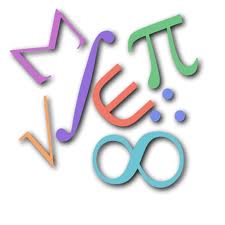
English and Math… So different, but the same…
While reading Talking in the Middle: Why Writers Need Writing Tutors by Michael Harris, I found some key takeaways that I felt to be useful as future teachers. The main one being: “encouraging independence in collaborative talk” (30). This seemed to be key to me because as a freshman here at Chico State I was enrolled in Math 11, aka ENGL 130/030, and felt like it was absolutely bullshit. I obviously knew that my math skills were never up to par (hi, that’s why I’m an English major), however, I never thought it was necessary to take a course that made me feel like a 3rd grader relearning how to do long division, subtraction and addition. Little did I know, I had forgotten how to understand and use these basic functions of math that were essential in being successful in more intense math problems, just as in English many students forget how to read and write in the most basic sense. Harris stated “students insist that they prefer to do their own work, come to their own conclusions, write what was in their own heads: these students do not want to be told what to do” (30). This was incredibly true for me in Math 11; I wanted to feel like I understood what I was doing to feel successful in the course. Because I had an amazing teacher who offered up her free time to meet with my classmates and myself at Bidwell Perk Coffee House outside of class, I was able to get more one on one attention outside of the classroom setting and allow myself to learn for myself… with some guided expertise.
I feel as though too often in the classroom we lecture and speak AT the students instead of allowing the class time to be lead and facilitated by the students. I understand that teachers are there to teach, but I think that Kim and Laura Sparks do an incredible job of letting students lead the discussion and thus create and develop their ideas for themselves. Students feel more comfortable when they know they are in a safe space where their ideas are valued, and even if their answers are not correct, they can be redirected and learn from their mistakes. As future teachers, we have to be aware of the way in which we teach and critique the young minds around us, and I think Harris evaluates many of the ways in which we need to think about teaching and writing.
Meghan Cole
